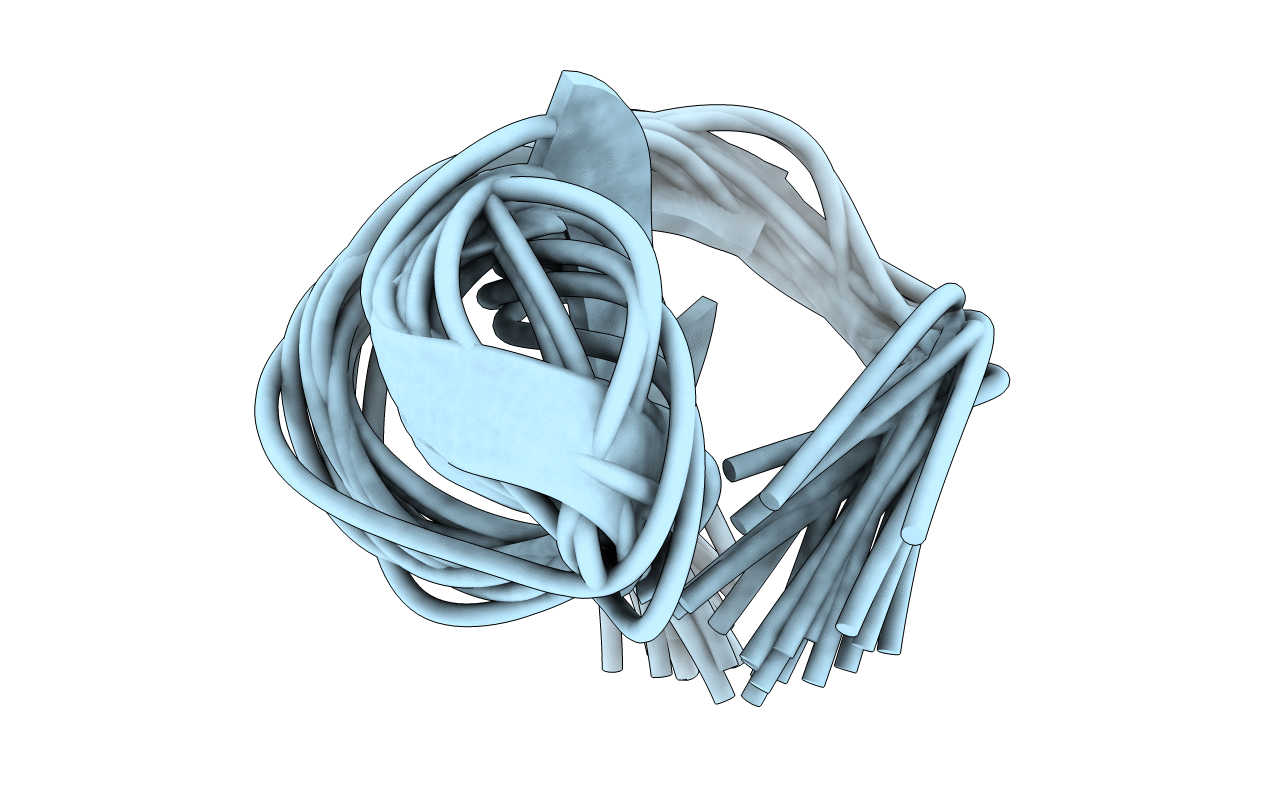
Deposition Date
2021-01-11
Release Date
2021-07-28
Last Version Date
2024-05-15
Entry Detail
Biological Source:
Source Organism(s):
Lihuaxuella thermophila (Taxon ID: 1173111)
Expression System(s):
Method Details:
Experimental Method:
Conformers Calculated:
100
Conformers Submitted:
20
Selection Criteria:
structures with the lowest energy


